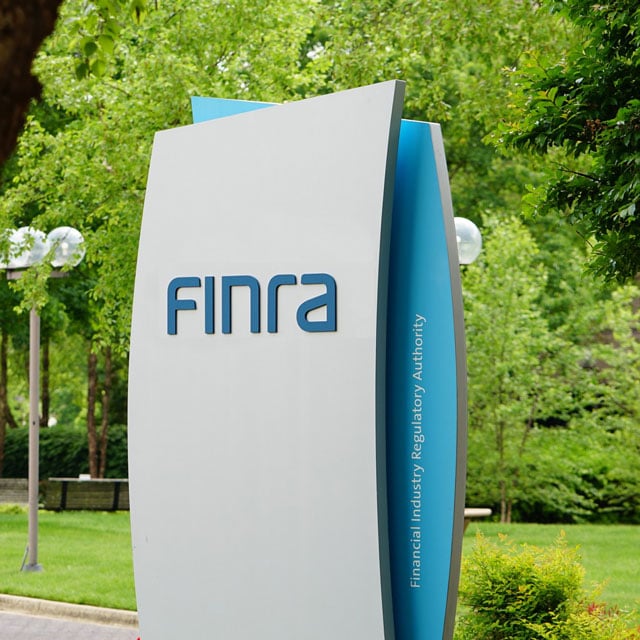Falcon
NOT FOR REPRINT
Jeffrey Levine: 10 Ways IRS' Secure Act Regs Affect Planning, RMDs
By
Jeff Berman
Slideshow April 06, 2022 at 03:26 PM
Share & Print
The Setting Every Community Up for Retirement Enhancement (Secure) Act of 2019 was enacted in December 2019, but advisors and others are still waiting to see which of the proposed Secure Act regulations the Internal Revenue Service released in February this year will remain effective and which could be changed. During the Kitces.com webinar "Analyzing The RMD And Other Impacts Of The IRS's New SECURE Act Proposed Regulations" on Tuesday, Jeffrey Levine, chief planning officer at Buckingham Wealth Partners and lead financial planning nerd at Kitces.com, took a deep dive into the major ways in which the proposed regulations stand to affect financial planning. These regulations, though not yet finalized, are already in effect, as Ed Slott explained to ThinkAdvisor. But the agency may issue "relief guidance" or revise the regulations based on comments from the public, which are due May 25. The "big change implemented by the Secure Act" was that it took designated beneficiaries ("living, breathing people") and "split that group into two groups": eligible and non-eligible designated beneficiaries, Levine said. Under the proposed IRS regulations, all non-eligible designated beneficiaries are subject to a new 10-year rule in which most non-spouse beneficiaries are required to distribute all their inherited retirement accounts by the end of the 10th year after the decedent's death. Experts had expected that such non-eligible designated beneficiaries would be allowed to distribute the entire account as a lump sum at the end of the 10th year instead of taking annual distributions to empty the account, Levine explained. However, under the proposed regulations, non-eligible designated beneficiaries inheriting from retirement account owners who died on or after their required beginning date must comply with the 10-year distribution requirement in addition to taking annual RMDs during that period, according to Levine. As it stands now, if an advisor has a client who inherited an account from somebody who died in 2020 or 2021 and that client is a non-eligible designated beneficiary, "you might want to, in your planning now, assume that there will be that RMD," he explained. "It's impossible to say for sure when [the] final regulations will be released but, if I was a betting man, I would anticipate that we would see some sort of final regulations released prior to the end of 2022," he told viewers. All analysts should "keep an eye out" for what those final regulations are, he added. Check out the slideshow above to see the top 10 ways in which the Secure Act regulations stand to affect financial planning.
NOT FOR REPRINT
© Touchpoint Markets, All Rights Reserved. Request academic re-use from www.copyright.com. All other uses, submit a request to [email protected]. For more inforrmation visit Asset & Logo Licensing.
Featured Resources
View All
Sponsored by Axos Advisor Services
Integrated Banking Solutions: How To Enhance Client Services and Grow Your Business

Sponsored by Optifino
Three Macro Trends Impacting Long-Term Care: Trends, Solutions & Client Conversations

Sponsored by Vanilla
The Missing Piece: Why Advisors Who Skip Estate Planning are Failing Their Clients







